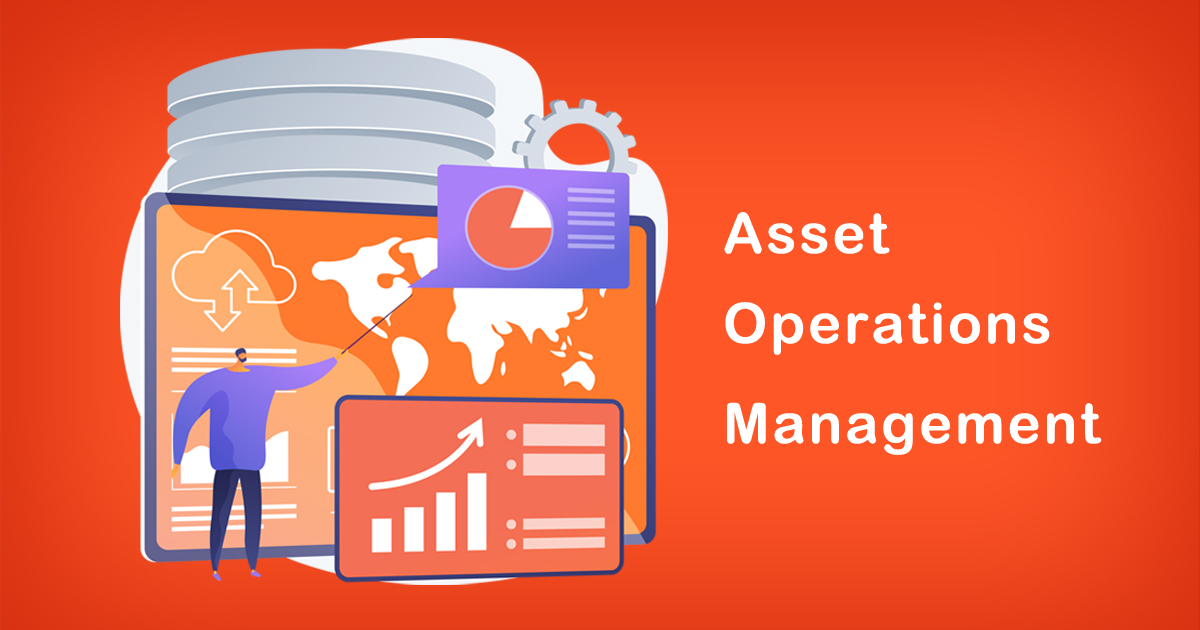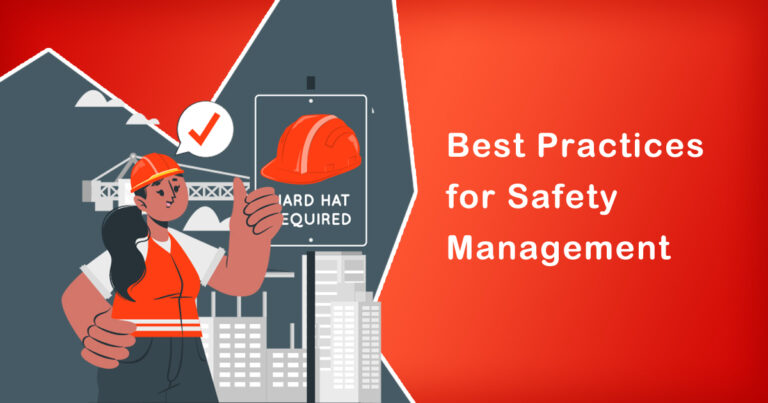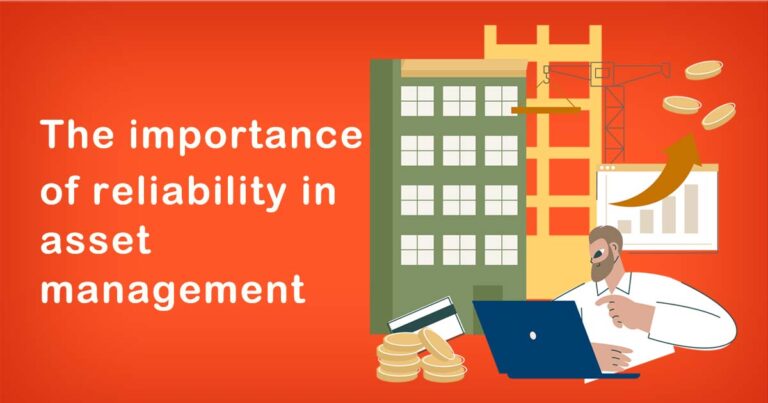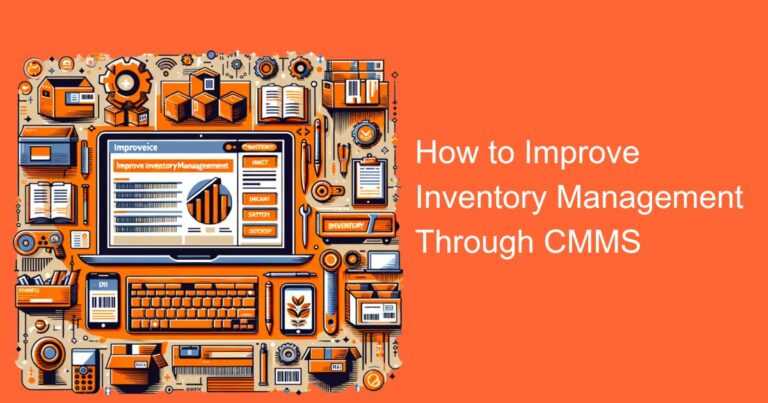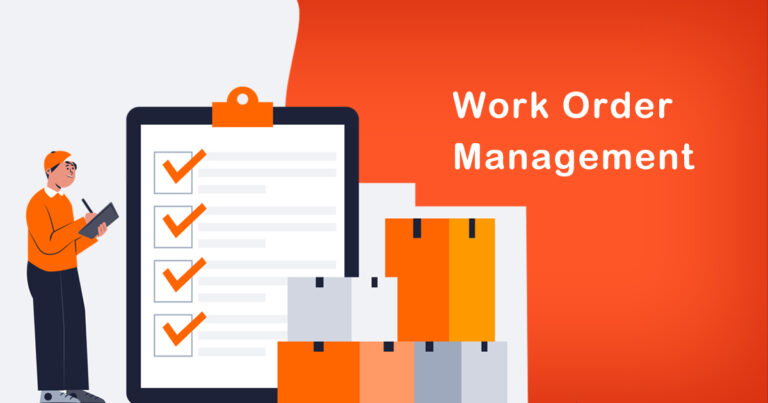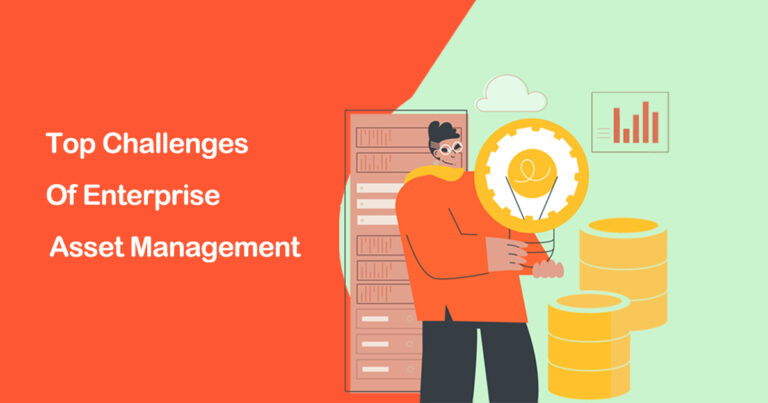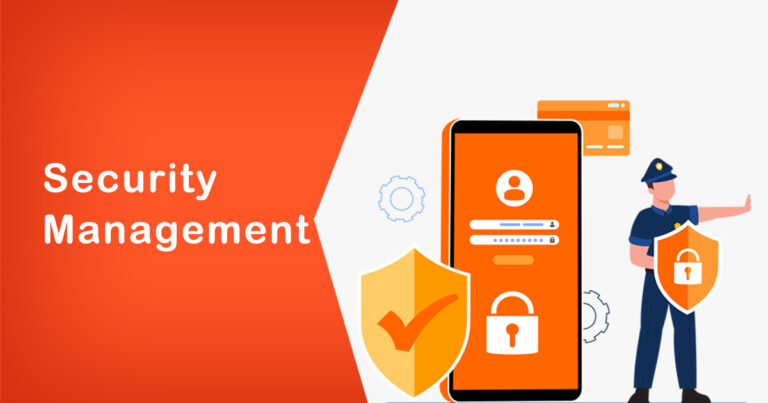Introduction
Asset Operations Management (AOM) is a critical aspect of any business or organization that deals with physical assets, including machinery, equipment, and infrastructure. AOM involves the planning, organizing, and monitoring of assets to ensure their optimal performance, efficiency, and longevity. In the Indian context, AOM has gained significant importance due to the country’s growing industrial sector, which heavily relies on assets to achieve its production targets. In this blog post, we will delve deeper into the concept of AOM and its importance in the Indian context.
The importance of AOM
AOM plays a critical role in ensuring that assets are maintained and operated in a manner that maximizes their efficiency and effectiveness. Effective AOM can lead to significant benefits for organizations, including increased productivity, reduced downtime, improved safety, and reduced operating costs. The importance of AOM is particularly relevant in the Indian context, where the industrial sector is growing rapidly, and assets are a critical component of production processes.
Challenges faced by Indian organizations in AOM
While AOM is critical for organizations in India, several challenges are faced by them while implementing it. These challenges include inadequate resources, a lack of skilled personnel, and a lack of standardization in asset management practices. Additionally, the lack of integration between different departments within organizations can also lead to ineffective AOM practices.
Research and facts about AOM in India
Several studies have been conducted in India to assess the status of AOM practices in organizations. A study conducted by the Confederation of Indian Industry (CII) in 2019 found that many Indian organizations lack a comprehensive AOM strategy. The study highlighted that 63% of the organizations surveyed did not have a formal AOM program in place. Additionally, the study found that organizations faced challenges in implementing AOM due to a lack of skilled personnel and inadequate budgets.
Another study conducted by KPMG in 2020 found that Indian organizations faced challenges in managing their assets effectively due to a lack of standardization in asset management practices. The study found that organizations lacked a uniform approach to asset management, with different departments within the same organization using different asset management systems.
Best practices in AOM
To overcome the challenges faced by Indian organizations in AOM, several best practices can be implemented. These practices include the following:
- Developing a comprehensive AOM strategy that aligns with the organization’s goals and objectives.
- Investing in skilled personnel to manage assets effectively.
- Implementing standardization in asset management practices across different departments within organizations.
- Utilizing digital technologies to track asset performance and maintenance schedules.
- Regularly monitoring asset performance and conducting audits to identify areas for improvement.
Conclusion
In conclusion, AOM is a critical aspect of any organization that deals with physical assets. In the Indian context, AOM has gained significant importance due to the country’s growing industrial sector. However, several challenges are faced by Indian organizations in implementing effective AOM practices. To overcome these challenges, organizations must develop a comprehensive AOM strategy, invest in skilled personnel, implement standardization in asset management practices, utilize digital technologies, and regularly monitor asset performance. By adopting these best practices, organizations can optimize their asset utilization and achieve their production targets.


